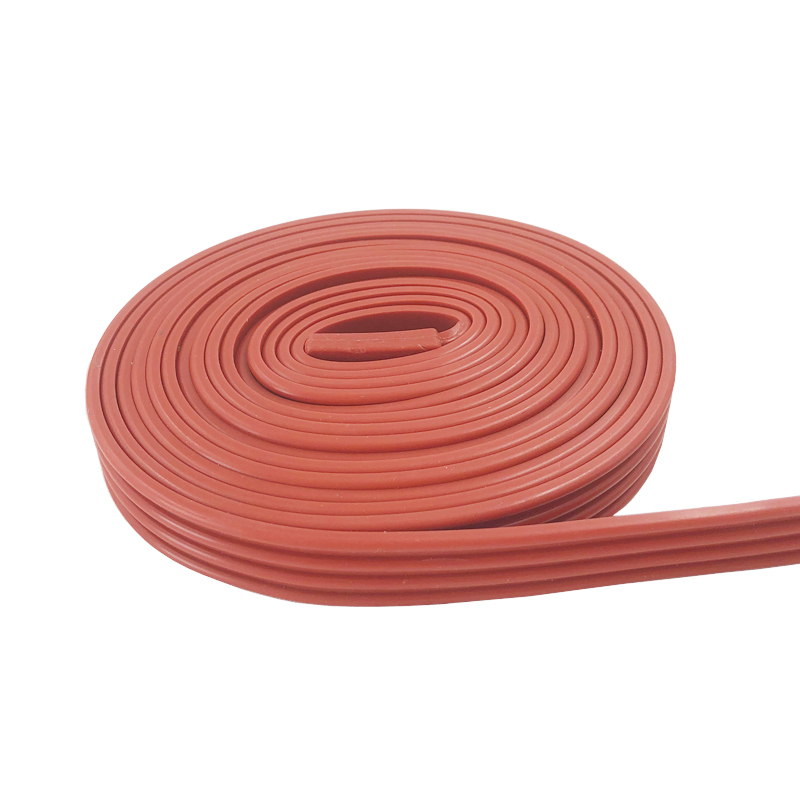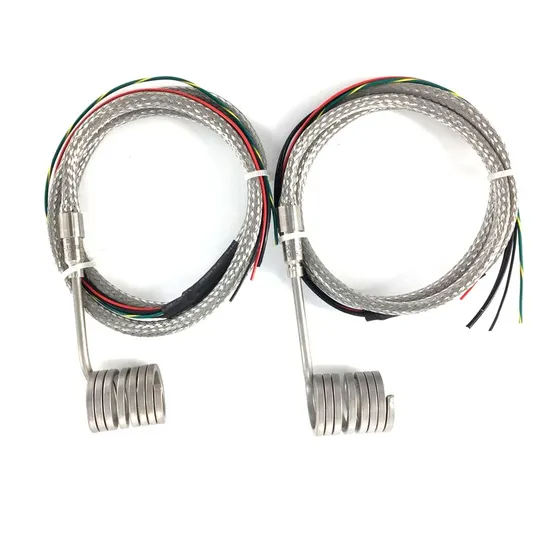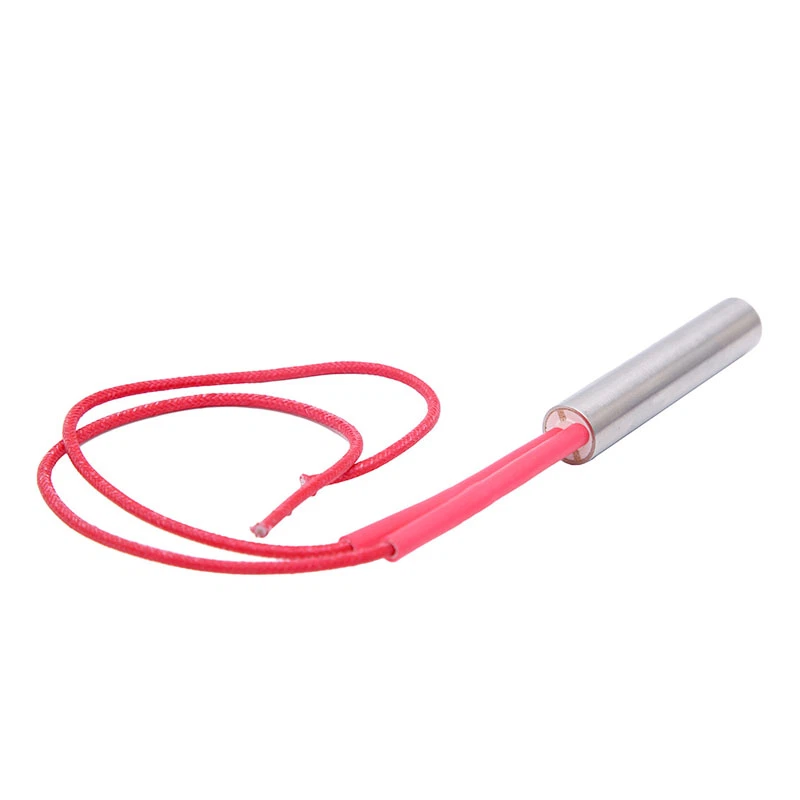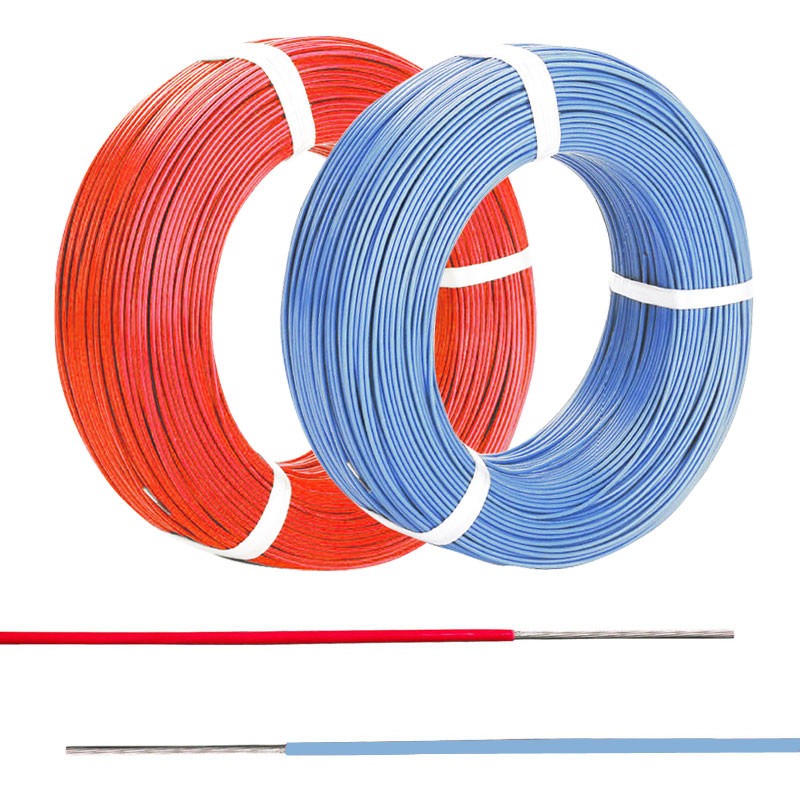In industries like oil and gas, petrochemical, and food production, maintaining precise temperatures within pipelines is critical. A pipeline heater is a specialized tool designed to regulate the temperature of liquids and gases flowing through pipelines. Without it, efficiency, safety, and product quality can be compromised.
This blog explains why a pipeline heater is indispensable in industrial manufacturing and highlights the unique benefits it offers.
1. Enhances Process Efficiency
Pipeline heaters are crucial for maintaining consistent temperatures, which directly improves process efficiency. In industries like oil and gas, where substances such as crude oil and natural gas flow through pipelines, maintaining optimal viscosity is vital.
- Reduces Energy Loss: By keeping materials at the desired temperature, pipeline heaters minimize the energy required to reheat substances later in the process.
- Prevents Clogging: Materials like crude oil can solidify or thicken at low temperatures. Pipeline heaters ensure a smooth flow, preventing costly clogs.
- Supports Continuous Operations: With reduced interruptions due to temperature issues, industries can maintain round-the-clock operations efficiently.
This efficiency translates to increased output and lower operational costs.
2. Protects Equipment from Wear and Tear
Industrial pipelines face significant stress when temperature fluctuations occur. These fluctuations can cause materials to expand and contract, leading to wear and tear.
- Prevents Corrosion: A consistent temperature prevents condensation, which could lead to corrosion inside the pipeline.
- Reduces Mechanical Stress: Temperature control mitigates the strain on valves and joints, extending the life of the pipeline infrastructure.
By minimizing equipment damage, pipeline heaters save industries significant maintenance costs over time.
3. Ensures Safety and Compliance
Temperature mismanagement in pipelines can lead to hazardous situations, especially in industries handling flammable or volatile substances. Pipeline heaters play a vital role in ensuring safety.
- Prevents Freezing: In cold climates, fluids in pipelines can freeze, causing blockages and potential ruptures. Pipeline heaters eliminate this risk.
- Reduces Pressure Build-Up: Proper heating ensures that gases expand predictably, avoiding dangerous pressure spikes.
- Meets Regulatory Standards: Many industries are required to comply with strict temperature and safety regulations. Pipeline heaters help meet these standards reliably.
Safety is not just a priority but a necessity in industrial manufacturing.
4. Supports Product Quality
In manufacturing, the quality of the final product often depends on maintaining precise conditions during production. Pipeline heaters play a key role in ensuring this consistency.
- Prevents Contamination: Materials flowing through pipelines are less likely to degrade or mix with impurities when maintained at the correct temperature.
- Improves End-Product Uniformity: In food manufacturing, for instance, maintaining even heating can prevent texture and taste inconsistencies.
By supporting quality assurance, pipeline heaters help industries deliver reliable products.
5. Adapts to Diverse Applications
Pipeline heaters are versatile, making them suitable for a wide range of industrial processes.
- Oil and Gas: Used to heat crude oil, natural gas, and other hydrocarbons, ensuring efficient transport and processing.
- Chemical Processing: Maintain specific temperatures for reactions and material flows.
- Food and Beverage: Essential for transporting liquids like syrup or chocolate, which need to stay at precise temperatures.
This adaptability ensures that pipeline heaters remain an essential component across diverse industries.














